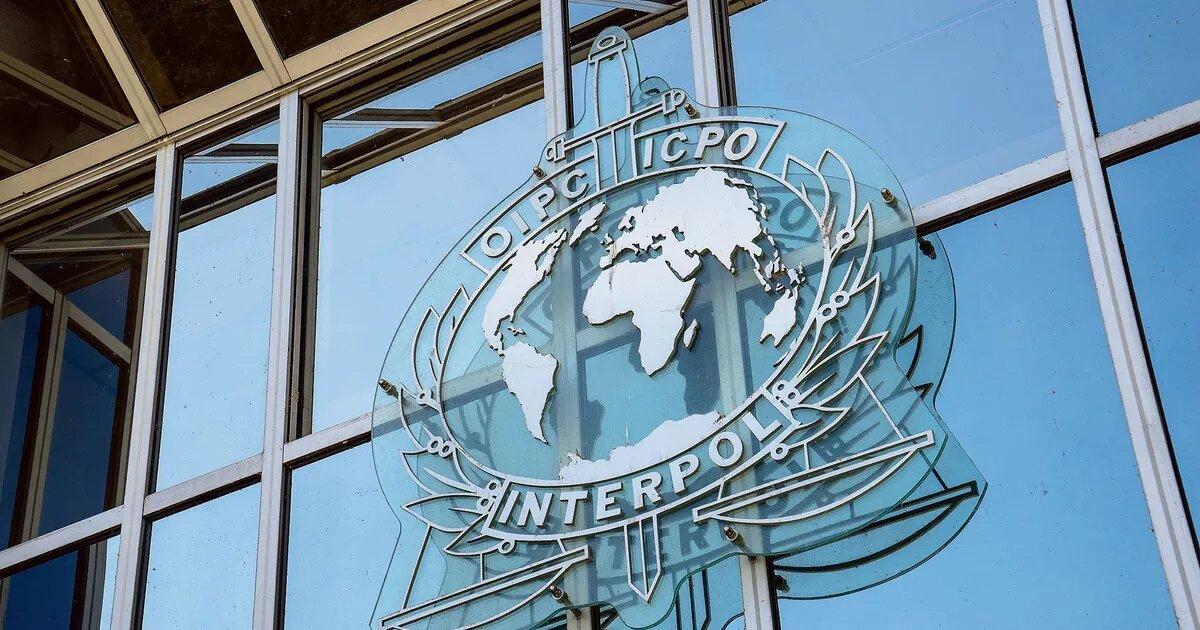The clients frequently ask about personal data protection when they send pre-emptive requests to the Commission for the control of INTERPOL’s files (hereinafter – the CCF). These questions are based on fears about using their personal data (location, telephone number, case files and arguments set out in the request) by the CCF against their interests. We are talking about the risk of sending this information by the CCF to Interpol member countries, which might request an Interpol red notice publication against the Client, or use it for the purposes of a criminal prosecution on a national level.
The answer to those questions can be found in the INTERPOL relevant legal framework. Pursuant to Article 20 of the Statute of the Commission for the Control of INTERPOL’s Files (hereinafter – the Statute of the CCF), the work and the files of the CCF are confidential. Relevant requests are not recorded in the Interpol Information System (hereafter – IIS).
Meanwhile, these rules establish certain exceptions. Thus, under the mentioned Article 20 of the Statute of the CCF, the Requests Chamber may decide:
(a) in order to examine the requests, to disclose information, when deemed necessary in the exercise of its functions, having regard to the facts of the case and the rights and freedoms of the applicant;
(b) to record a request or parts of it in the IIS in order to update or correct data already contained in the IIS.
(3) The members of the Commission, its Secretariat, and any expert appointed by the Commission under the present Statute shall consider as confidential all information that comes to their knowledge in the exercise of their functions, unless the proper discharge of their functions requires otherwise. The obligation of confidentiality shall continue to apply after they cease to be active in any of those capacities.
Similarly, Article 21 (3) of the Statute of the CCF contains the requirement that CCF, in consulting other entities or bodies, will take into consideration confidentiality requirements and any restrictions.
It can be difficult to understand how it works. Meantime, we have encountered a lot of situations when the CCF, during the study of our requests, asked about authorization to disclose to the requested country a brief summary of facts which our requests contain.
In this case, we are talking about an application by the CCF of Article 35 of the Statute of the Commission which pointed out that information connected with a request shall be accessible to the parties of the case, subject to restrictions required by any source of the information.
Of course, the requesting parties can require, at any time, specific confidentiality on part, or on the whole, regarding the information concerning their submissions. In that case, however, it may be detrimental to the requesting party, as it restricts the CCF’s ability to successfully process and study the request, as well as undermines the adversarial nature of the whole procedure in the CCF, that might have a reciprocal effect (the requested country, acting likewise, will not disclose its arguments, leaving the defense counsels in darkness as to the legal and factual grounds of the red notice publication).
By definition, the Commission doesn’t intend to share all the details of the request with the local national central bureaus of Interpol in relevant countries (the NCBs), but only the minimum amount of information, so that it could invite the NCBs to provide clarifications and comments to the arguments of the defense party (interpol lawyers).
Likewise, if the applicant does not wish to authorize such a disclosure, in accordance with Article 35 (4) of the Commission’s Statute, he or she can provide the Commission with a relevant instruction to completely restrict any sharing of the information contained in the request with NCB of the country concerned.
In conclusion, it is worth saying that the applicant can himself determine the limits of information disclosure regarding his data and the arguments of his/her request. At the same time, Interpol’s relevant rules establish strict requirements for the protection of personal data regarding the applicants.
Therefore, sort of a “double protection” exists regarding the Applicants’ data, which dispels the myth that submitting a pre-emptive request to INTERPOL can harm an individual in any way, for example, by leaking his or her data, prosecution, detention, or causing any other negative implications.







































